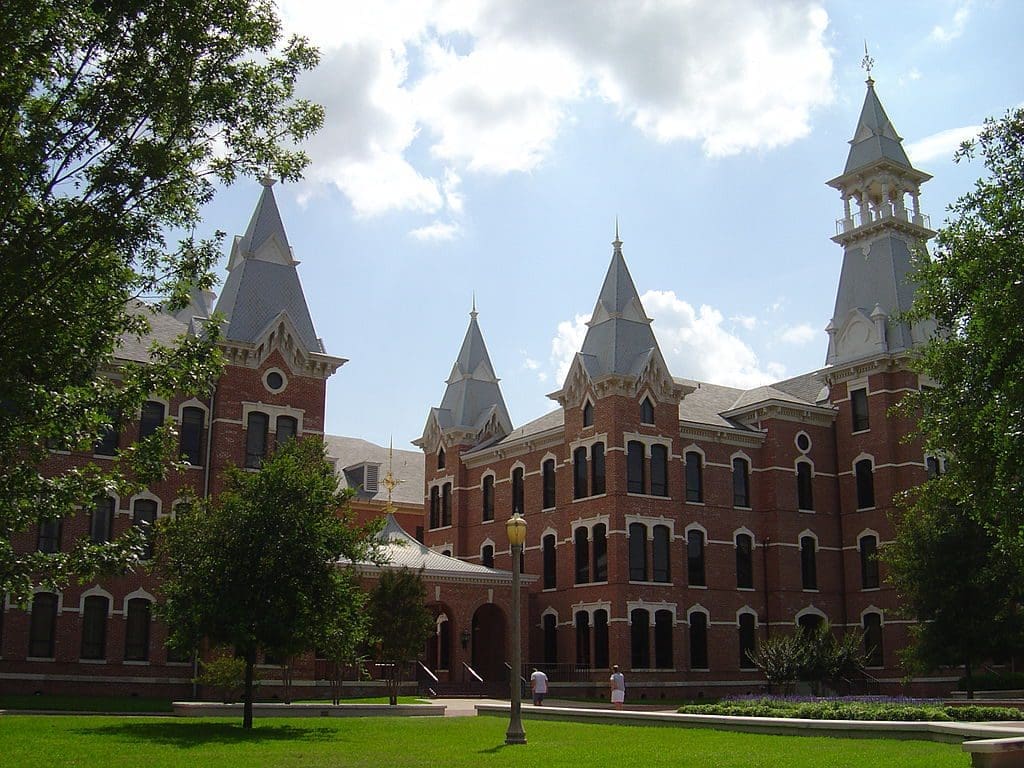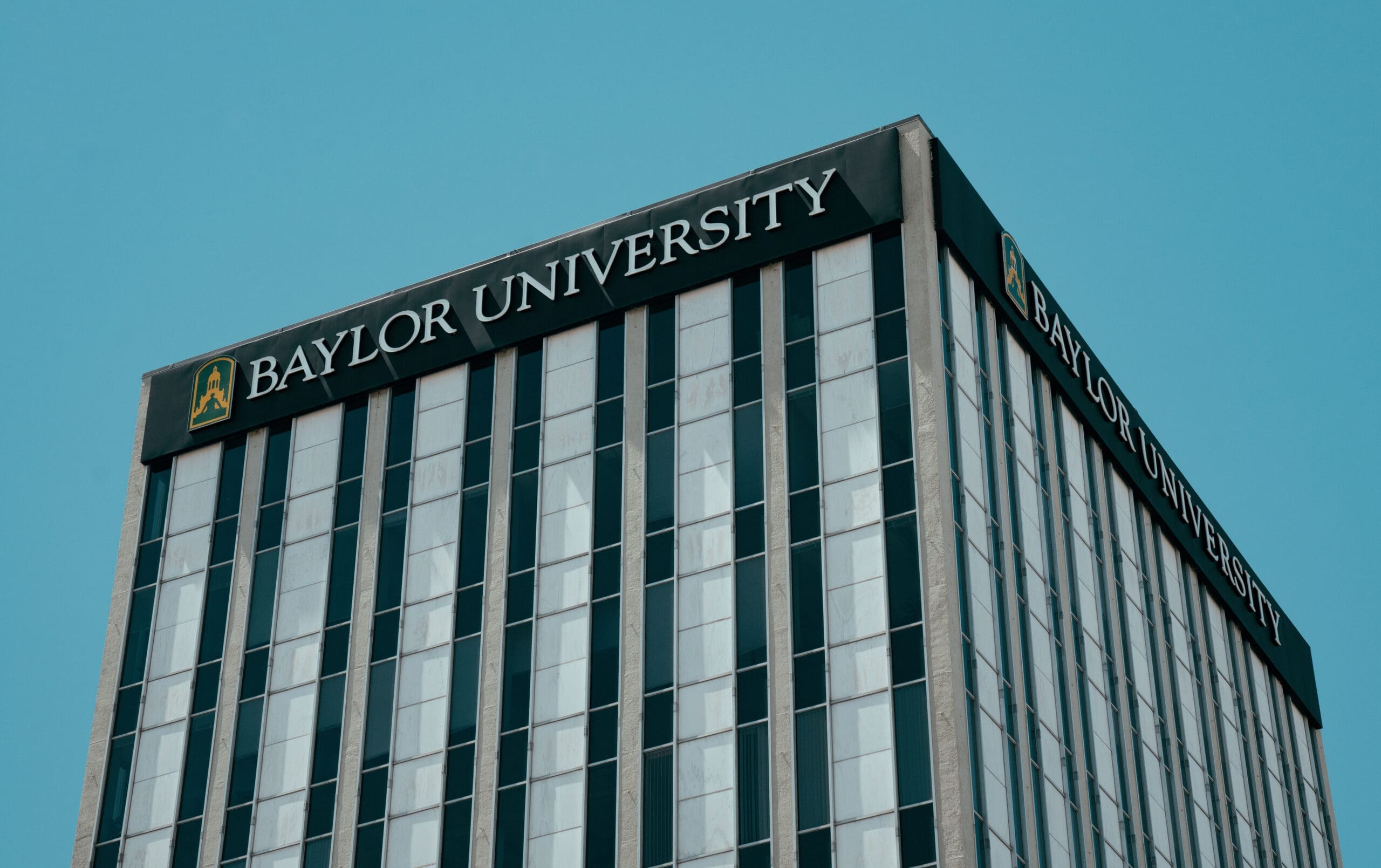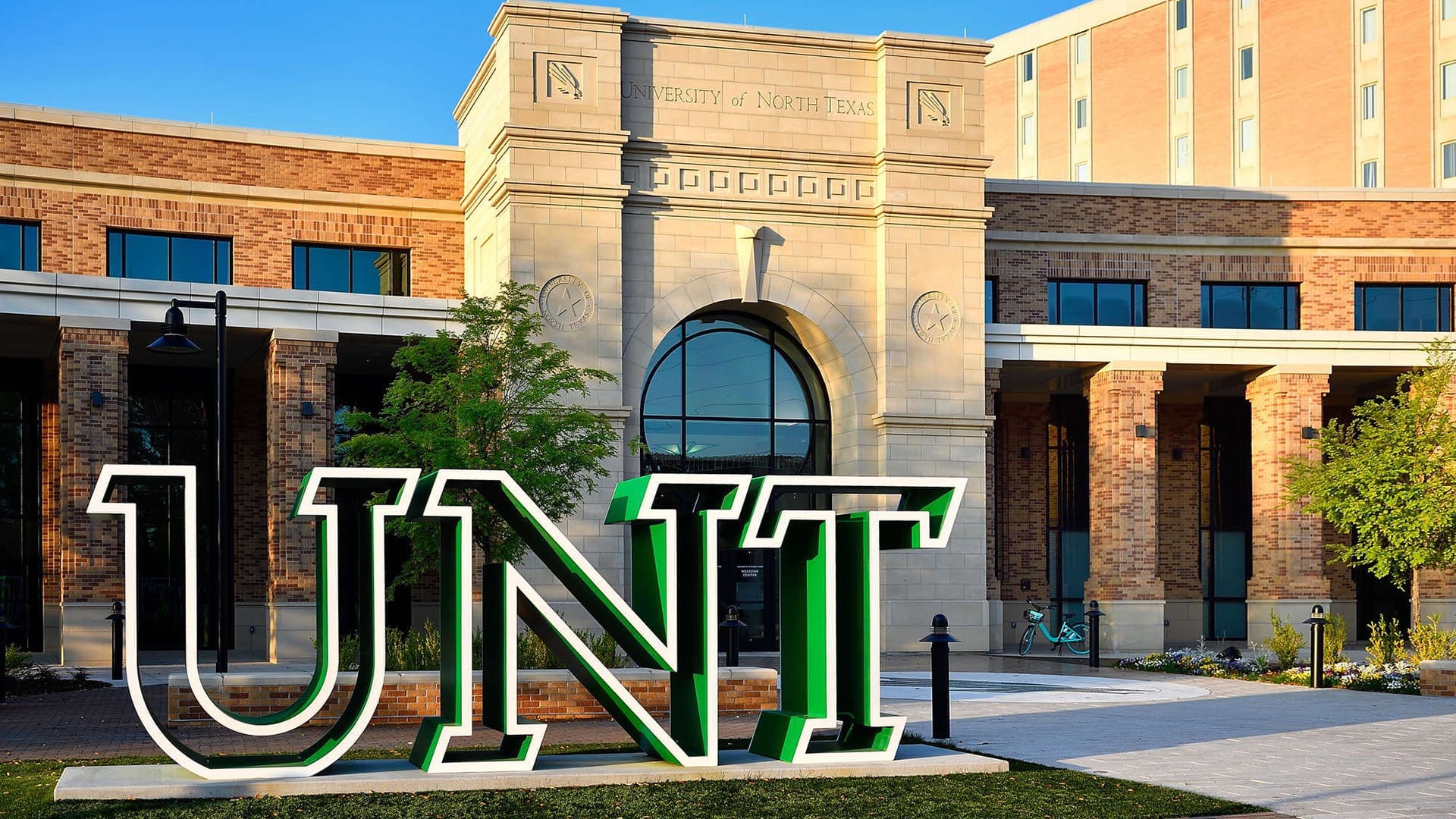On April 3rd, the University of North Texas made a clear and public choice.
Dr. Nancy Stockdale—a faculty member whose record has raised serious concerns among Jewish and Zionist students and community members—was promoted to Associate Dean of the College of Liberal Arts and Social Sciences. That same day, she delivered a lecture titled “Palestinian Children and the Politics of Genocide.”
This was not business as usual. It was a moment that required careful consideration, especially as multiple federal investigations into administrative conduct and antisemitism are underway, and public trust in higher education continues to erode. Instead, UNT doubled down.
In a time when university leadership is expected to demonstrate fairness, intellectual rigor, and moral clarity, UNT’s decision reflected none of those values. The lecture itself, framed as academic scholarship, offered no definitions of genocide under international law, no historical methodology, no acknowledgment of the October 7th Hamas massacre, and no serious engagement with the broader context in which children—Israeli and Palestinian—suffer. Instead, it advanced a political narrative, heavy on emotionally charged language and light on rigorous analysis.
During the Q&A that followed, one attendee asked a respectful question about the role of Hamas’ ideology and its impact on the conflict, and audience members responded with jeers. Rather than stepping in to uphold the standards of civil discourse, Dr. Stockdale dismissed the question outright as “goading” and moved on.
Another student encouraged others to “rebel against UNT” and praised “all forms of resistance” against Israel. Dr. Stockdale thanked the student for her activism and encouraged her to engage other faculty allies on campus. At no point did she offer clarification, context, or a call for peaceful engagement. Her words came off not as academic mentorship, but as a public cosign.
This is not academic freedom. This is institutional partisanship cloaked as scholarship.
Universities have a responsibility to protect the exchange of ideas, even unpopular ones. But they also have a duty to maintain standards of inquiry and to foster environments where all students—especially those in minority groups—can speak, question, and engage without fear of retaliation.
At UNT, that balance has been lost.
Jewish and Zionist students have reported growing concerns about hostile climates on campus—concerns that are rarely addressed with the urgency or seriousness they deserve. Instead, those raising issues are often dismissed as politically inconvenient, while faculty members who openly advocate controversial positions are shielded by administrative silence or, in this case, promoted.
That silence is not neutrality. It’s selective enforcement. It’s a quiet endorsement of a double standard.
Consider this: when the State of Texas issued directives against taxpayer-funded DEI programs or performances deemed in violation of state law, UNT moved quickly to comply. Drag shows were paused. DEI offices were restructured. Statements were made.
But when the state and federal governments called on universities to combat antisemitism and protect viewpoint diversity under Executive Order GA-44, UNT hesitated. There were no clear communications, no task forces formed, and no transparent responses to community concerns.
This disparity is not incidental. It reflects a pattern in which compliance is not driven by principle, but by politics. When certain ideologies align with prevailing campus culture, they are embraced. When others fall outside that narrative—even when backed by law or policy—they are dismissed and treated as distractions or worse.
And this is where UNT’s leadership must be held to account.
Promotion decisions and public lectures are not made in a vacuum. Dr. Stockdale is not a fringe figure. She has long held influential positions: tenured history professor, former director of International Studies, and now associate dean. She shapes hiring, curriculum, and institutional tone.
This is not about policing speech. It’s about consistency, transparency, and standards. If UNT claims to uphold academic freedom and protect students from discrimination, then it must do so across the board. Picking and choosing when to act—and whom to protect—undermines the credibility of the entire institution.
Students, parents, alumni, and taxpayers deserve better. They deserve a university that operates with integrity, that resists the pull of ideological favoritism, and that remembers its primary mission: education, not indoctrination.
We don’t need universities to be neutral on every issue. We do need them to be honest and consistent.
Silence in the face of legitimate concern will deepen the divide between campus leadership and the communities it serves.
UNT still has a chance to correct course. It can investigate patterns of exclusion and inconsistent application of its codes.
It can open the door to real dialogue—and affirm that Jewish and Zionist students deserve the same right to speak, question, and participate as anyone else on campus. But to do that, it must act.
Because in moments like these, silence isn’t just absence—it’s an answer.
This is a commentary published with the author’s permission. If you wish to submit a commentary to Texas Scorecard, it must be no longer than 800 words. Send to: submission@texasscorecard.com





